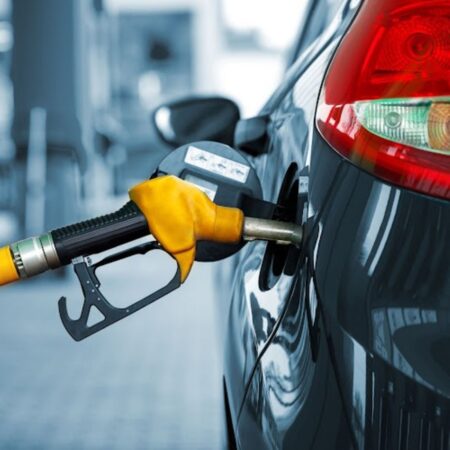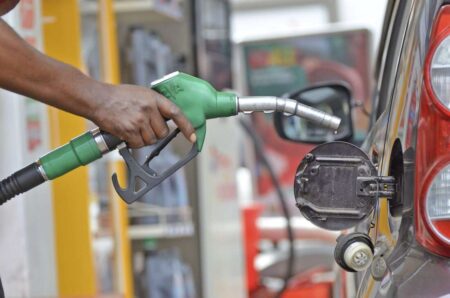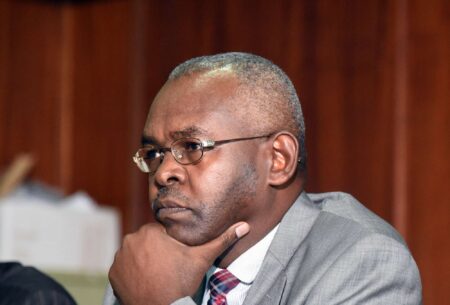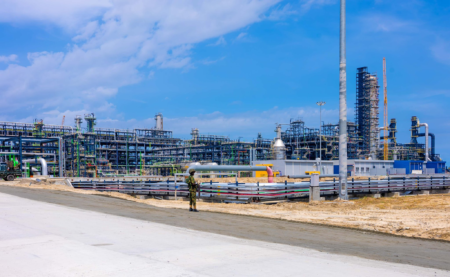Trending
- Africa’s BPO industry enters AI era with 40% of tasks at risk by 2030
- Trump tariffs sting set to ruffle several economies in Africa
- Africa Energy Bank secures key backing from Nigeria, Angola and Ghana
- AIM Congress 2025 gets a boost as International Development Bank signs on as gold sponsor
- African energy: Opportunities and challenges presented by Russia’s investments
- Africa’s smart farming push—a revolution or a mirage?
- BRICS summit in Brazil to focus on global governance reform
- Dedollarization: BRICS take on Trump and mighty dollar











